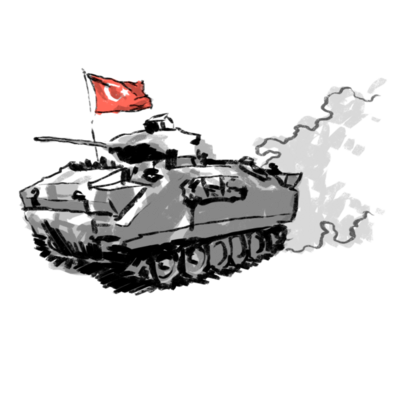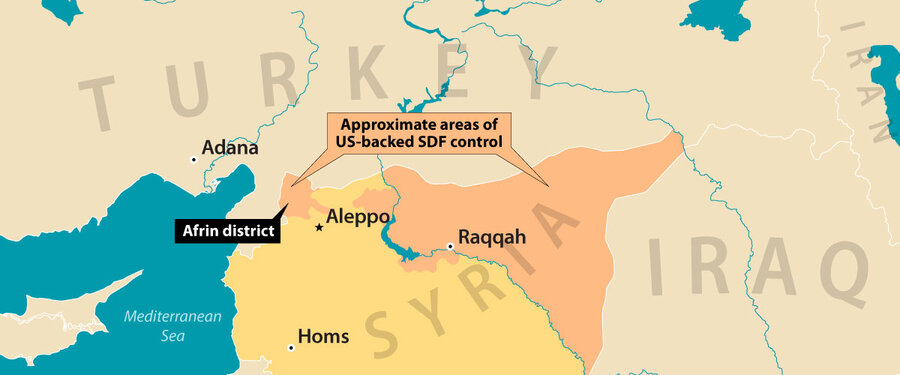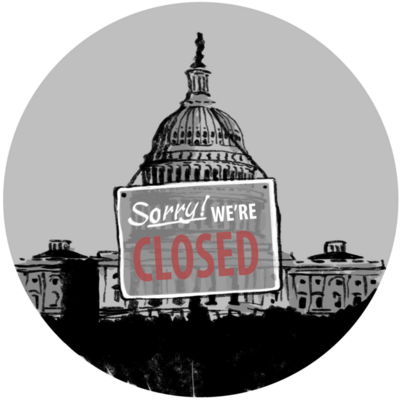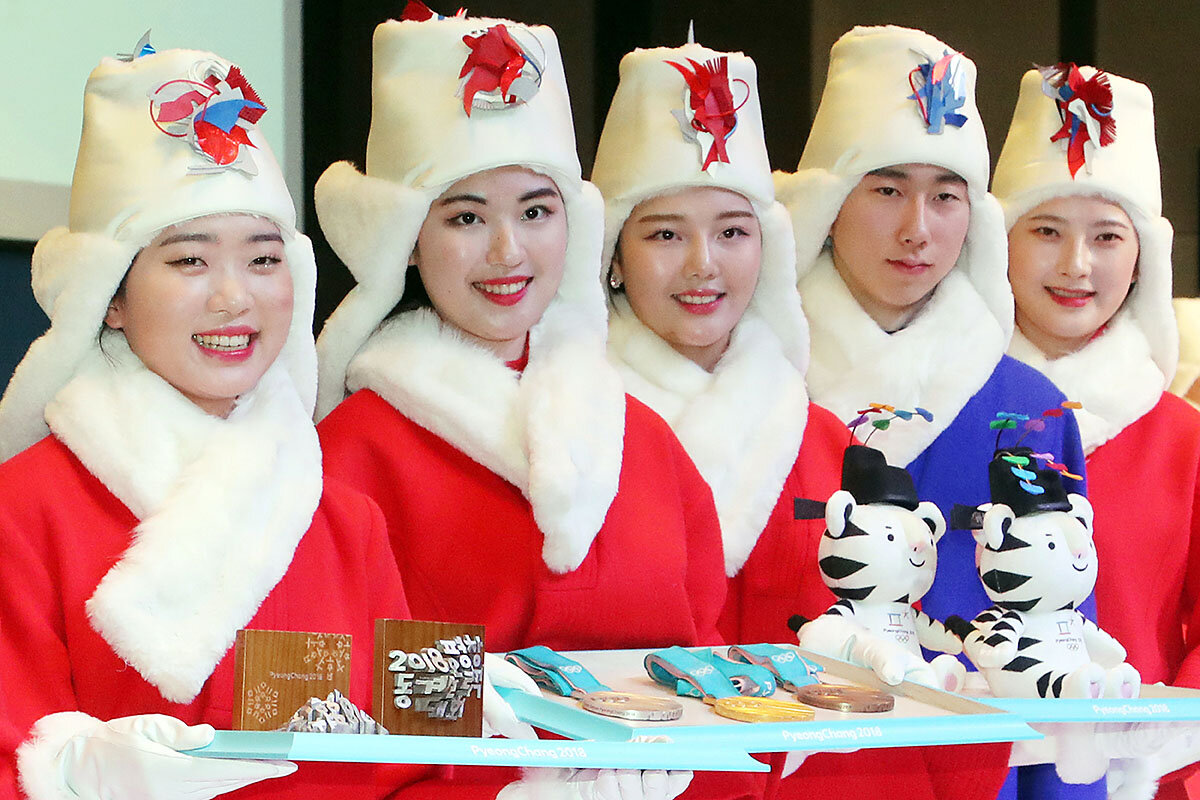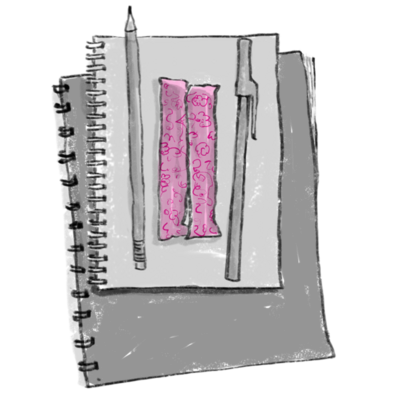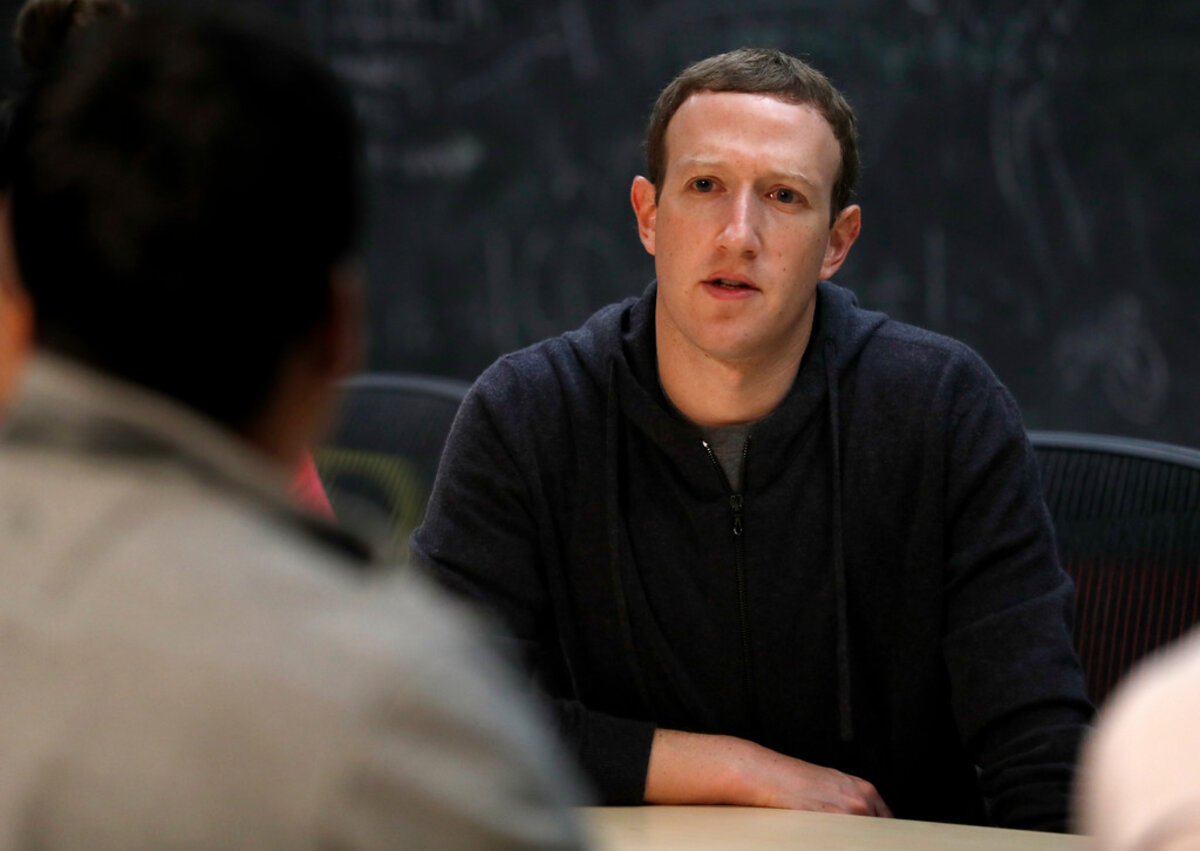President Trump has signaled that containing Iran is central to his Middle East policy. What happens next in Syria will be a crucial test of the administration’s commitment to that vision.
Monitor Daily Podcast
- Follow us:
- Apple Podcasts
- Spotify
- RSS Feed
- Download
 Mark Sappenfield
Mark Sappenfield
I suspect I’m not alone in being alarmed by what has been happening in Washington in recent years. Whether we like it or not, any nation’s politics is a mirror of its values and culture, and the view has not always been reassuring.
Then I began reading David McCullough’s marvelous biography of President John Adams. During his administration, the Alien and Sedition Acts essentially abolished freedom of the press. People crossed the street rather than tip their cap to members of the other party. Intrigues were rampant. Newspapers were unabashedly scurrilous. There was near-constant talk of civil war.
Yet the nation endured. Why? “However striking [the Founders’] differences in temperament or political philosophy, they were, without exception, men dedicated primarily to seeing the American experiment succeed,” Mr. McCullough writes.
The United States remains the world’s greatest political experiment. Can a nation that is not built on a common religion, ethnicity, or language create a governing sense of “us” based on principles and ideals alone?
Yes, Congress has been dealing with a government shutdown. But it is also continuing the struggle of answering that most fundamental question.
Among our five stories today, we look at a different view of the Senate showdown, China from a unique perspective, and a new idea to help girls stay in school.




